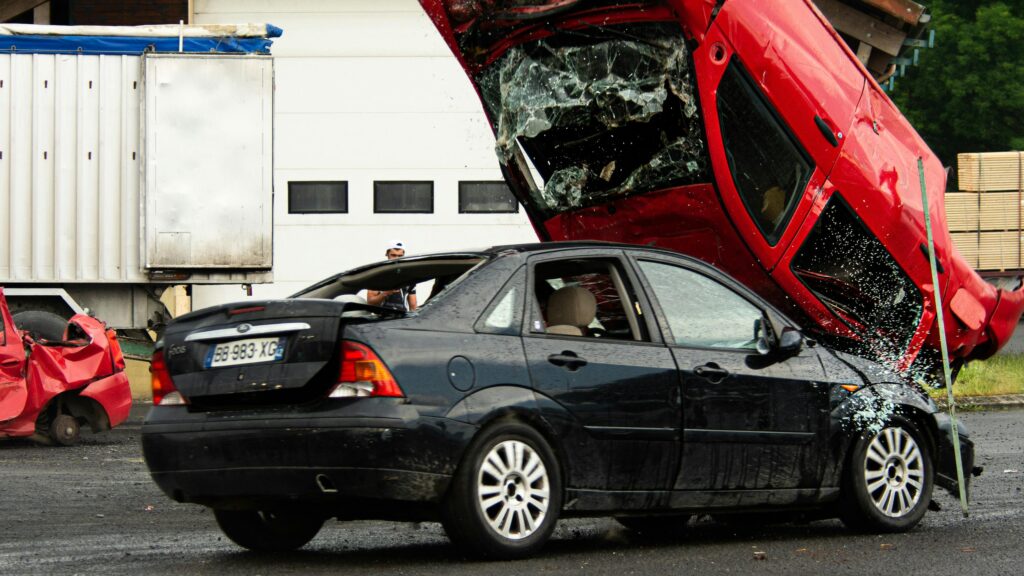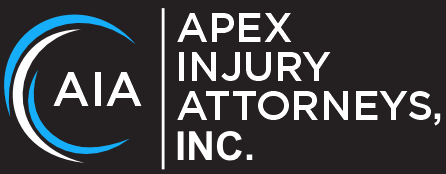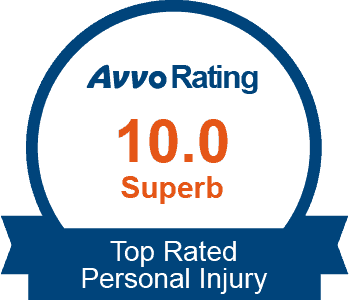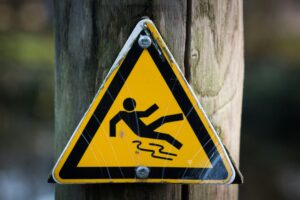
Renting a car can offer freedom and flexibility, especially while traveling—but it also adds a layer of complexity if you’re involved in an accident. Whether you’re the renter or the victim of a crash involving a rental vehicle, one question immediately comes to mind:
Who pays for the damages?
The answer depends on several factors, including who was at fault, what kind of insurance coverage is in place, and the rental company’s policies. Here’s a breakdown of what you need to know if you’re injured in a rental car accident.
🚗 Who’s Responsible for a Rental Car Accident?
Just like any other crash, fault is the key factor in determining liability. If another driver caused the accident, their insurance is typically responsible for covering your damages. If you were at fault while driving a rental, then you (and your insurance or the rental company’s insurance) may be held responsible.
But when it comes to rental cars, there are often multiple layers of insurance involved—which can make things more complicated.
🛡️ Types of Insurance That May Apply
Here’s a breakdown of the different insurance policies that could come into play in a rental car crash:
1. Personal Auto Insurance
If the driver who rented the car has personal auto insurance, their liability and collision coverage may extend to the rental vehicle. This depends on the insurer and the terms of the policy.
Covers: Damage to the rental vehicle and injuries to others
May not cover: Loss-of-use fees, administrative costs, or diminished value of the rental car
2. Rental Car Company’s Insurance
Rental companies often offer optional coverage at checkout, including:
Collision Damage Waiver (CDW): Waives responsibility for physical damage to the rental car
Liability Coverage: Covers damage and injury to other parties
Personal Accident Insurance: Covers medical costs for the renter and passengers
If you declined this coverage, you’ll rely on other forms of insurance—or potentially pay out of pocket.
3. Credit Card Coverage
Some credit cards offer secondary insurance when the rental is booked with the card. This coverage usually kicks in after your personal auto insurance and typically covers damage to the rental vehicle only—not injuries or liability.
4. At-Fault Driver’s Insurance
If the accident was caused by another driver (not the rental car user), their insurance should cover your injuries and vehicle damage—regardless of whether you were in a rental or not.
🤕 What If You’re Injured in the Crash?
If you were injured—whether you were in the rental car or another vehicle—you may be entitled to compensation through:
The at-fault driver’s liability insurance
The rental driver’s personal or supplemental insurance
Your own personal injury protection (PIP) or medical payments (MedPay) policy
A personal injury lawsuit if insurance limits don’t cover all damages
You can seek damages for:
Medical bills
Lost wages
Pain and suffering
Emotional distress
Rehabilitation or long-term care
⚖️ Can You Sue the Rental Car Company?
In most cases, no. Rental companies are usually shielded from liability under federal law (49 U.S. Code § 30106, also known as the “Graves Amendment”) unless:
They were negligent in maintaining the vehicle
They rented a vehicle to someone without a valid license
The vehicle had a known safety issue that wasn’t addressed
In those situations, a claim may be possible against the rental agency.
🧠 Why Rental Car Accidents Are Legally Complex
These cases are often more complicated than standard car crashes because:
Multiple insurance policies may conflict or deny coverage
Rental agreements contain fine print and waivers
Out-of-state laws may apply if you’re traveling
Injury claims can span personal and commercial liability coverage
An experienced personal injury attorney can help identify who’s responsible, navigate the paperwork, and ensure you’re not stuck with the bill—especially if you’re facing medical expenses or missed work.
✅ What to Do After a Rental Car Accident
Call 911 and seek medical attention
Notify the rental company immediately
Exchange information with all involved parties
Take photos and gather evidence at the scene
Report the accident to your personal insurance and credit card provider (if applicable)
Contact a personal injury lawyer to protect your rights
📍 Final Thoughts: Don’t Assume You’re on Your Own
Being in a rental car accident can feel overwhelming, especially if you’re far from home or dealing with unfamiliar policies. But you do have rights, and multiple parties may be responsible for your injuries and losses. Whether you were the renter, a passenger, or another driver, the key is to act quickly, document everything, and speak with a legal professional.
You shouldn’t have to pay the price for someone else’s negligence—or get caught in a web of corporate fine print.






